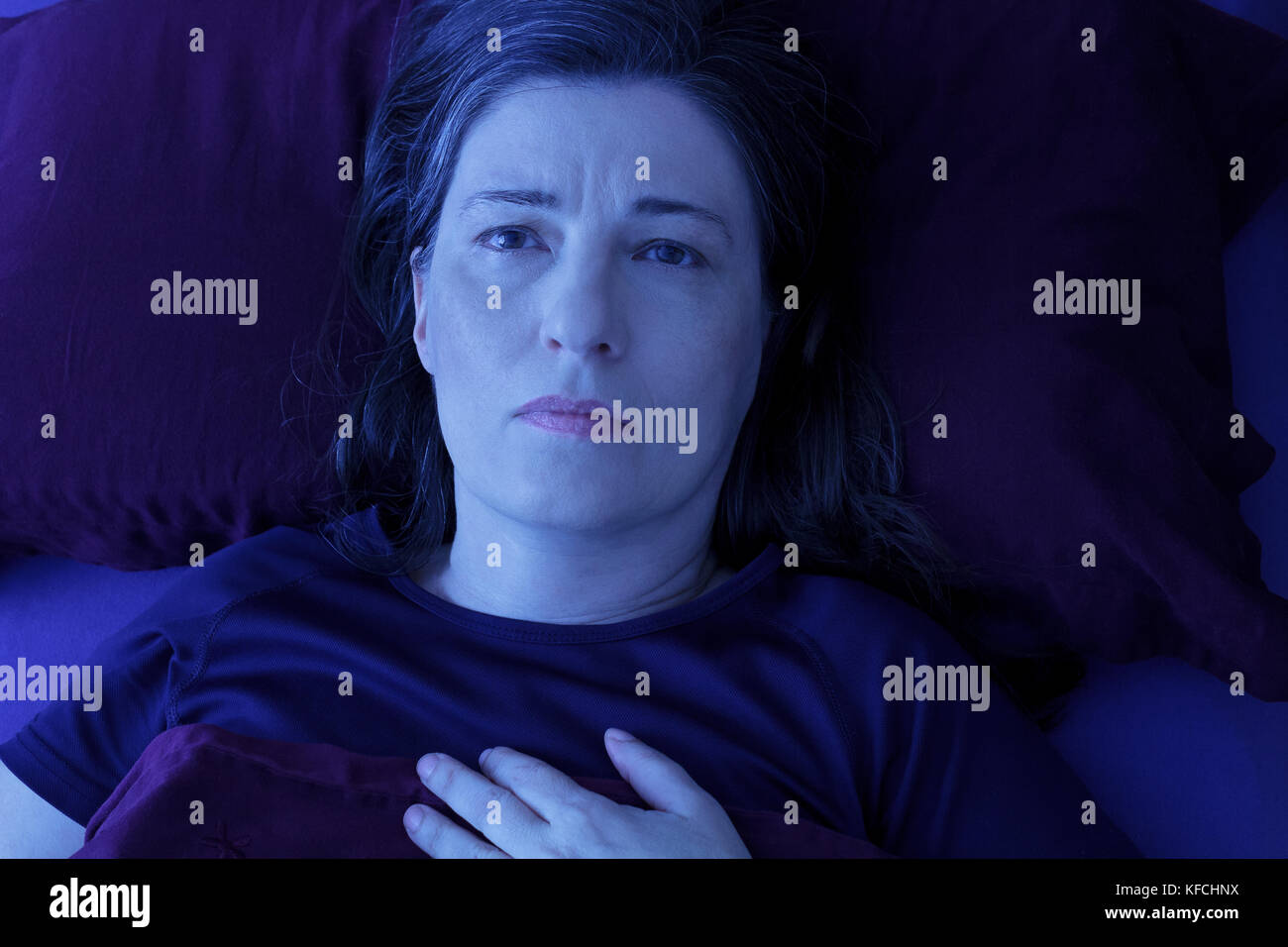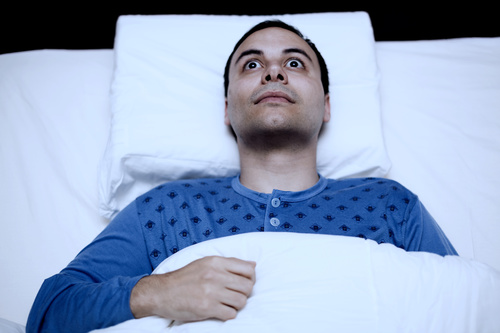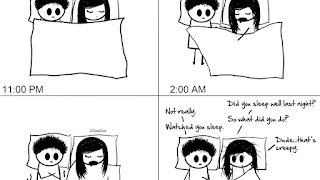

at 1 in the morning, something different happens. in the middle of the day, you can expect Y degree of a blood sugar spike after that," he explained. "Whereas if you eat that same exact amount. Another reason Varga usually does not recommend eating before bed is because of its disruption to the body's circadian rhythm, the internal process that repeats every 24 hours and regulates the sleep-wake cycle. It's kind of a wake-promoting signal," Varga said. "Any time you ingest something, you're essentially telling part of your body that now's the time to be awake. While eating right after waking up in the morning makes sense to wake up the body, eating before bed can also make you more awake. Second, Varga explained that there are several signals that the body responds to in an effort to promote wakefulness, primarily light and food. First, eating close to bedtime may not allow food the proper time to digest. In one such program, called SHUTi (Sleep Healthy Using the Internet), participants were about half as likely to wake up after falling asleep compared with a control group.Īnother study documented at least mild improvements in about 80% of people who completed weeks of online CBT-I, with 35% reporting that their sleep was "much improved" or "very much improved.“I think that there’s a couple of reasons why sleep doctors would ordinarily suggest that it’s not a great idea to eat too close to bedtime,” Varga continued. Several small studies suggest that online CBT-I programs can help insomniacs sleep better. Internet-based programs might help address both problems.

Also, some people fail to complete all the required sessions or to practice the techniques on their own. Even in the medical mecca of Boston, only a handful of clinicians offer CBT-I. However, not many therapists are trained in this special type of talk therapy.

Many health insurance plans cover CBT-I, which falls under mental health coverage. Aerobic exercise such as walking, jogging, or swimming can help you fall asleep faster, get more deep sleep, and awaken less often during the night. Avoid caffeinated beverages (coffee, many teas, chocolate, and some soft drinks) after 1 or 2 p.m.-or altogether, if you're especially caffeine-sensitive. If you don't get back to sleep within 20 minutes after waking up in the middle of the night, get out of bed and do something relaxing until you feel sleepy again. Try to go to bed and wake up at the same time every day, which helps synchronize your sleep-wake cycle. To block out noises, use a fan or other appliance that produces a steady "white noise." Make sure your mattress is comfortable. Reserve it for sleep, intimacy, and restful activities such as meditation and reading for pleasure. He or she also provides structure and support while you practice new thoughts and habits, and teaches you other successful sleep strategies. Typically, you meet with the therapist once a week for an hour, for six to eight weeks. In CBT-I, a therapist helps you replace negative thoughts (such as "I'll be so tired, I'll have a terrible day at work tomorrow!") with more positive ones ("My job does not depend on how much sleep I get tonight"). Lawrence Epstein, people with insomnia tend to become preoccupied with sleep and apprehensive about the consequences of poor sleep - a phenomenon dubbed "insomniaphobia" by Harvard sleep specialist Dr. It's just as effective but safer than sleeping pills for both sleep-maintenance insomnia and trouble falling asleep at the start of the night (sleep-onset insomnia).Īccording to the Harvard Medical School Special Health Report Improving Sleep, edited by Dr. Called cognitive behavioral therapy for insomnia, or CBT-I, this therapy teaches people to change the unproductive thinking patterns and habits that get in the way of a good night's sleep. In fact, experts now recommend a special type of short-term therapy as the first-line treatment for insomnia instead of drugs. In the wee hours of the morning, the last thing you want to do is take a sleeping pill, since you probably need to get up in a few hours. Sound familiar? Known as sleep-maintenance insomnia, this common problem often crops up in mid-life. But you can't get back to sleep because your mind keeps rehashing past and future worries-and fretting that you're going to be exhausted all day long. It's 3:00 in the morning-far too early to get up for the day. Changing your thoughts and behaviors can help. Sleep-maintenance insomnia is common in mid-life.


 0 kommentar(er)
0 kommentar(er)
